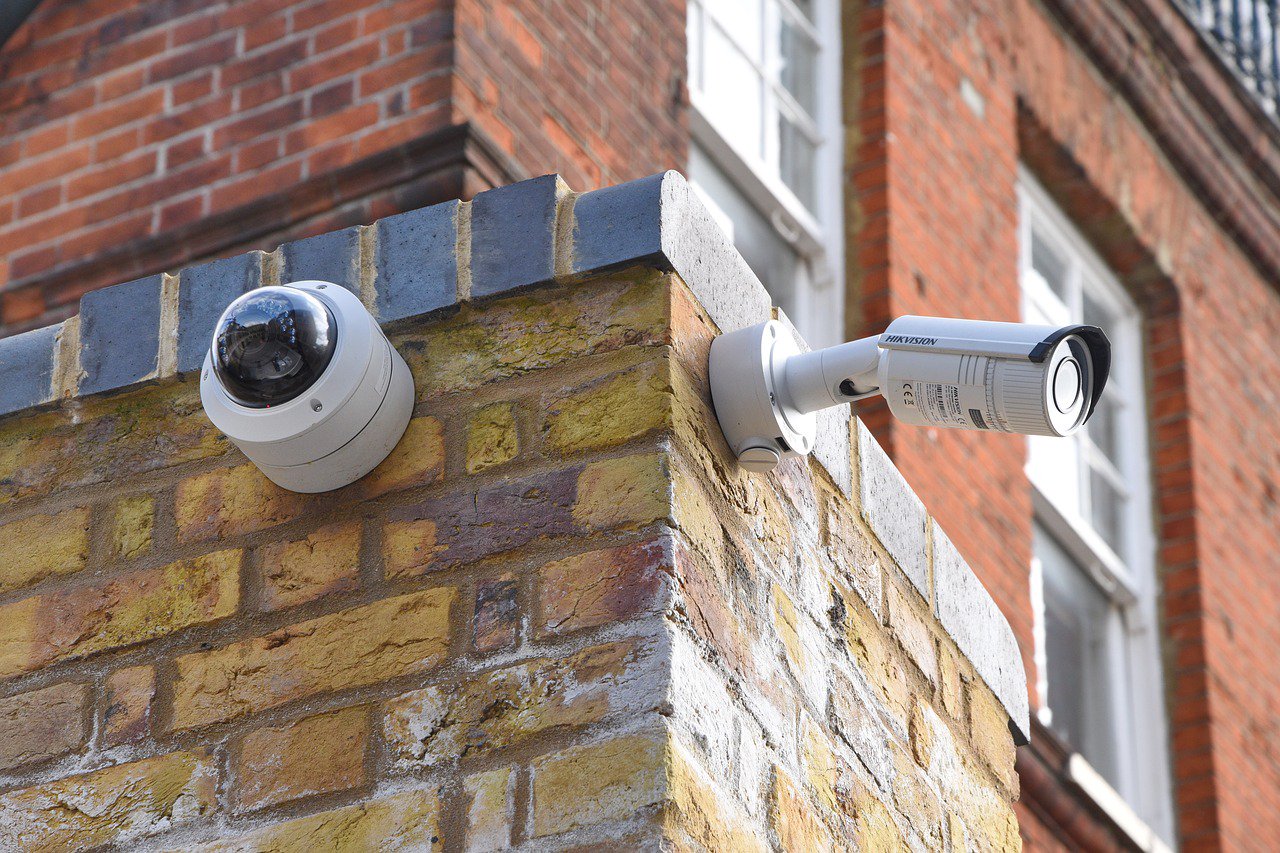
From 25 May 2018, people who use CCTV for domestic purposes, ie to monitor their property, even if it films beyond the boundaries of their property will be exempt from paying a fee under data protection law.
Using CCTV on your property
CCTV used on your property will be exempt from the Data Protection Act unless you are capturing footage of individuals outside your property.
However, regardless of whether your CCTV system is exempt, the ICO recommends that you use CCTV in a responsible way to protect the privacy of others.
How can I use CCTV on my property responsibly?
The guiding principle throughout the deployment of your CCTV equipment should be checking at each stage that its use is necessary and not disproportionate. For example – ask yourself:
- Do I really need a camera to address my security concerns?
- Would extra lighting or sensor lighting be as effective?
- Is there an alternative to a camera?
- Is there anyone who could advise me about alternatives?
- What is the most privacy friendly way to set it up?
- Can I avoid intruding into my neighbours’ property?
- What if my camera captures footage of individuals beyond the boundaries of my property?
You must consider whether it is necessary for your camera to operate beyond the boundary of your property.
If your camera covers, even partially, any areas beyond the boundaries of your property, such as neighbouring gardens or the street, then it will no longer be exempt from the Data Protection Act (DPA) under the domestic purposes exemption. This does not mean that you are breaching the DPA but it does mean that you might need to take some steps to comply with it.
What other considerations are there?
Many CCTV systems now come with audio recording facilities. Audio recording is particularly privacy intrusive and in the vast majority of cases where CCTV is being used on domestic properties it should be disabled.
Many thanks to the West Bridgford Wire who originally published this article.
